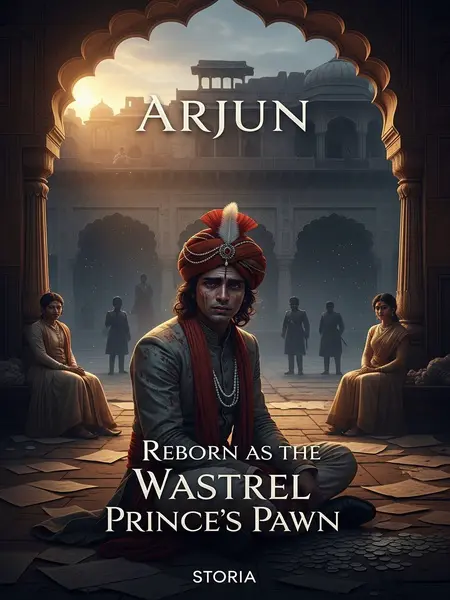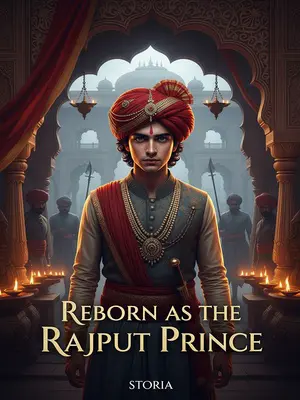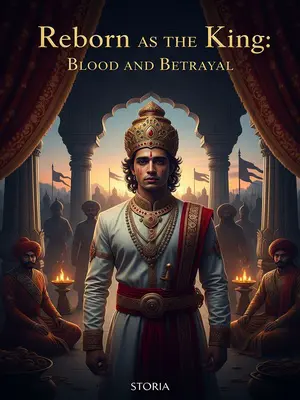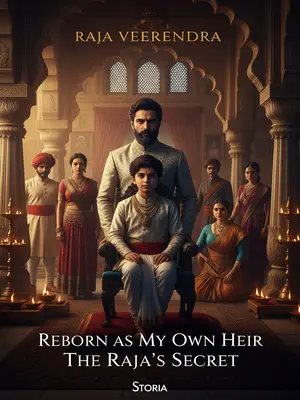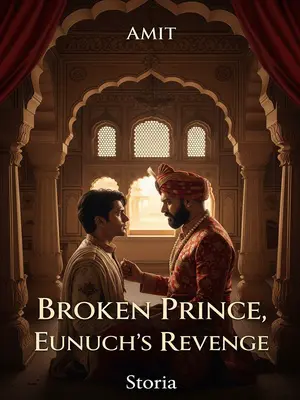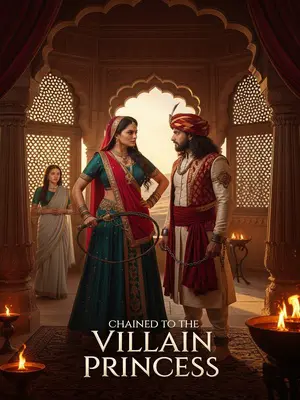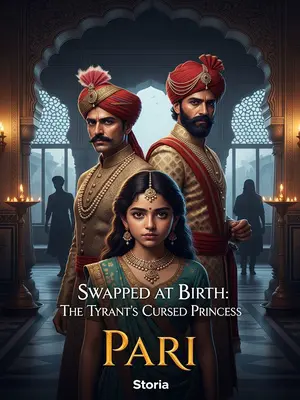Chapter 2: Ashes and Oaths
As a mere listener, I stood in the corner, arms folded, eyes downcast. The hall was thick with nervous sweat and the whir of punkahs. The ministers argued, blaming defeat on everything from rain to Suryaprakash’s age, but beneath it all, the truth was clear: the Empire’s spirit was broken.
I bit back my anger, glaring at the wall—no unity, no food, yet they expected miracles. The Munshi’s report was grim: surprise attacks, cut supply lines, troops deserting, forty thousand elite lost. The shock rippled through the room; some clutched tasbih beads, others their sacred threads.
Ministers howled for Suryaprakash’s punishment, some for peace with Shuja-ud-Daula, but no one spoke of rescue. My fists clenched—hopeless! My days of kothas and silk were over. I tried to catch Shah Alam’s eye, but he only glared, then barked: “Strip Suryaprakash of command! Guard the fort, redeem himself with merit!”
I bit my tongue—Suryaprakash was already out of supplies. The emperor’s words sounded hollow, his mask slipping. Court was dismissed, ministers slunk away.
At home, I began packing valuables. Time to run—my father’s voice echoed, “Beta, never trust a sinking ship!” But I couldn’t leave; loyalty, or maybe just foolishness, kept me rooted. The emperor kept summoning me for reports, his questions tinged with desperation. I played dumb, but guilt gnawed at me—Suryaprakash would die, and I couldn’t stop it.
My father, suddenly proud, called me “my lucky son.” My sister’s eyes brimmed with comfort; even my nephews clung to me. I realised, for the first time, how much I cared.
October brought the final report—Lucknow lost, Suryaprakash dead, body never found. My mother wept, my father stared, and I felt hollow. Shah Alam’s gaze was complicated, regret and fear warring. He asked, “Did Suryaprakash really die? Maybe he surrendered?”
Anger surged. I slammed the table, tears falling. “Everyone knows his loyalty! It’s your suspicion that froze his heart!” My outburst stunned the room. Shah Alam thundered, “You are bold! Insolent!” I knelt, voice trembling.
He threw a chai cup at me, but I breathed relief—better tea than a sword. At the fort gate, I gazed at the city, promising silently: if I couldn’t save the Empire, I’d save my family.
Late at night, Baba dragged me up—urgent summons to the fort. I was hoisted over the city wall in a basket, guards giggling. Inside, Shah Alam sat, hair wild, eyes bloodshot.
“Arjun, can I trust you?” His voice was raw, almost childlike. He led me to a hidden chamber—a sandalwood map of Hindustan gleaming. He confessed his mistakes, tears streaking his face. I handed him a (wrong) handkerchief—embroidered by Miss Ritu. He blushed, I grumbled inside, but the moment softened him.
Shah Alam admitted, “The Empire’s ruin is my fault.” He sighed, hope flickering. “Do you have any strategies?” He pressed, “Stop pretending! I know you’re hiding your talent.”
I played dumb, heart pounding, but he insisted—if not for me, for my sister and nephews. I agreed, half-joking, “Fine, I’m Chanakya reborn!” He gripped my hands, swore by the ancestors never to doubt me. For once, I believed him. I demanded a firman for protection—he relented.
With new courage, I laid out the truth: Shuja-ud-Daula, British, Marathas, the weakness of our own side. Shah Alam’s face grew darker as I spoke. I reassured him—some disasters weren’t his fault, the Little Ice Age would pass, new crops and fairer rule could restore glory. He looked ready to faint, so I steered the talk back to strategy: the only hope was to move the capital south to Hyderabad, even as he hesitated.
But costs loomed—money, men, logistics. Shah Alam joked about confiscating my family’s wealth, and before I could protest, the guards were already at my door.
The confiscation scene was chaos—my father wailing, me clinging to his leg, both of us bemoaning our fate. Shah Alam watched, smiling, as box after box of gold was carted away. “Thank you, father-in-law, for your generosity.”
Munshi Chandanlal soon arrived with a firman: I was now deputy commander of the Kotwali. My friends sent mangoes; my enemies sharpened knives. Three crore in family wealth, for a third-rank post in a crumbling Empire—a loss, but perhaps a new beginning.
